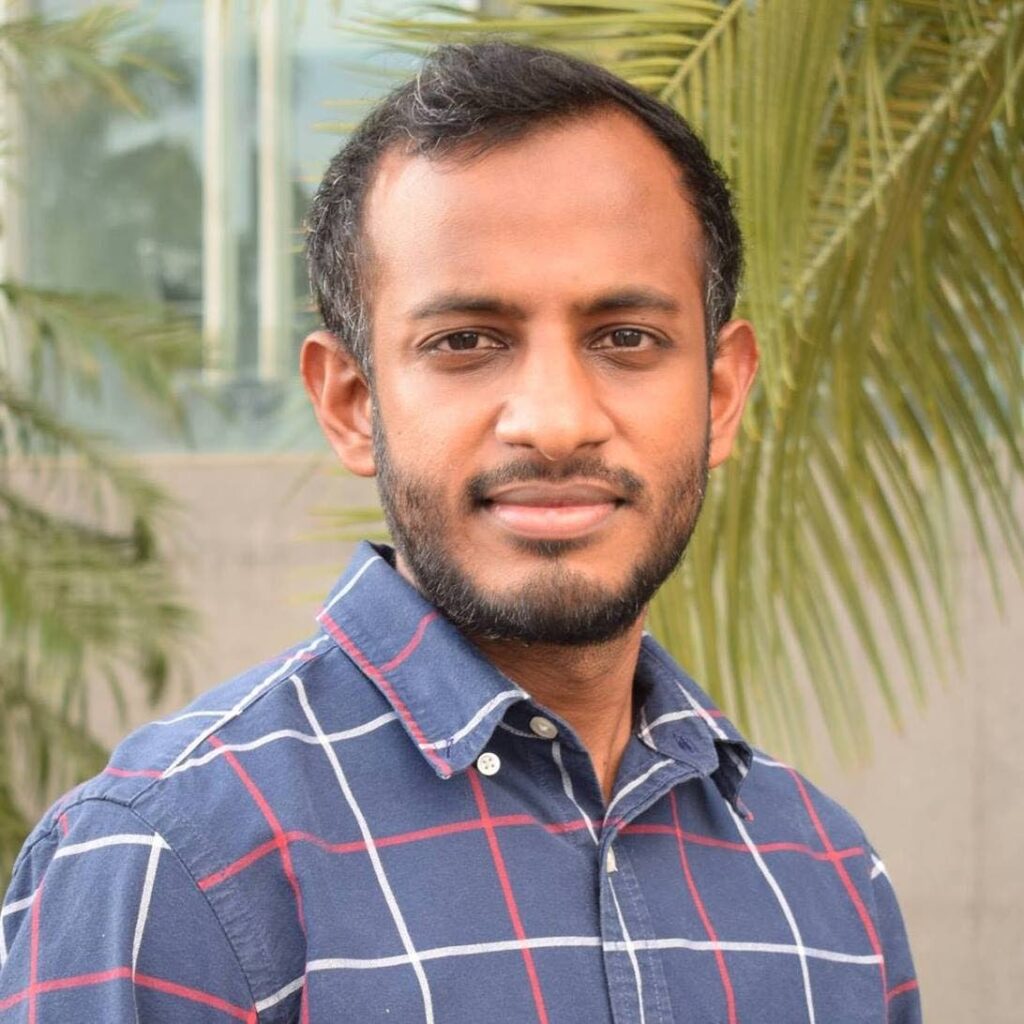Lessons from the bedside

TAUREEF MOHAMMED
AFTER A string of miscarriages, she had finally made it and was approaching term. But mere feet away from the finish line, the baby stopped kicking. When the ultrasound probe was placed on her gravid belly, there was no whooshing sound, and she was admitted. I was not in the delivery room but I suspect it was quiet: no cries, no “It’s a girl/boy!”
As one of the doctors looking after her, I had the responsibility to check in on her in the morning after her delivery. I was clueless: I had never been in a situation like this before, in or out of the hospital, and I did not know what to say. I must have started with something generic: “How are you?”
“Sad but thankful. Thankful that I was able to carry this baby for so long. Thankful that I got to experience labour, although the baby is now in heaven.” She crossed the finish line.
I can’t remember what I said, but I remember what I thought: How can one person be steeped in so much gratitude in the midst of such a tragedy? If Superwoman was real, here she was.
A few years later, I met a young man, still in his twenties, on the haematology ward. Diagnosed with leukaemia, he was undergoing chemotherapy and battling all the complications that came with it: nausea, vomiting, diarrhoea, infections, to name a few. And now his heart was racing. It was around midnight when I requested an ECG, a tracing of his heart’s electrical activity. I looked at it and forgot about it instantly.
“What did the ECG show?” he asked early in the morning.
In my mind, the ECG was the least important test in his case and I had long forgotten about it. “It looked good. Your heart is good. It was just ticking away a bit fast.”
“I am so happy to hear that,” he said, sobbing like a baby. It was the first “normal” result he heard in a while and he was grateful for it. Grateful for a normal ECG.
And then there are the famous stories.
In 2009, Michael J Fox, who was diagnosed with Parkinson’s disease at age 29, found himself in a crowded emergency department in Delhi. Comparing himself to another patient, a man struggling to breathe, he writes in his memoir No Time Like The Future: “I think of the maxim: ‘If we were all to put our worst problem inside of a circle and then allowed to draw one out, we’d all take our own problem back.’”
“With gratitude, optimism becomes sustainable,” he says toward the end of his book.
In 2015, Oliver Sacks – neurologist, scientist, author of 14 books – was diagnosed with metastatic melanoma. He confronted his mortality through writing and two weeks before he died, his final book was published: Gratitude. “My predominant feeling is one of gratitude. I have loved and been loved. I have been given much and I have given something in return,” he wrote.
In medicine we learn a lot at a patient’s bedside. We depend on sick patients to hone our clinical skills. With their consent, we learn how a heart sounds, how a liver feels. We learn how someone with a stroke looks and how an infected ulcer smells.
At the bedside of dying patients, though, a different type of learning happens: one that transcends the senses. We are privileged to be at the bedsides of the dying to hear their stories and catch glimpses of their view. Through them, we see what matters most. It is as though they all wear a lens through which the plastic world fades and the real world sharpens.
“Money, status, all the vanities the preacher of Ecclesiastes described hold so little interest: a chasing after wind, indeed,” wrote Paul Kalanithi, who died at the age of 36 from metastatic lung cancer, too soon to finish his neurosurgical training, too soon to see his only child walk, and too soon to finish his memoir When Breath Becomes Air.
But these glimpses are only fleeting, at least for me. Like many others who are not confronting their mortality through illness, ageing, or danger, I have put up a shield against dying and the inevitability of death. In the 21st century, when life expectancy is the longest it has ever been, dying is a distant thought. So why think about it? The greatest irony, though, is that the best place to learn about living, it seems, is at the bedside of the dying.
Taureef Mohammed is a graduate of UWI and a geriatric medicine fellow at Western University, Canada


Comments
"Lessons from the bedside"